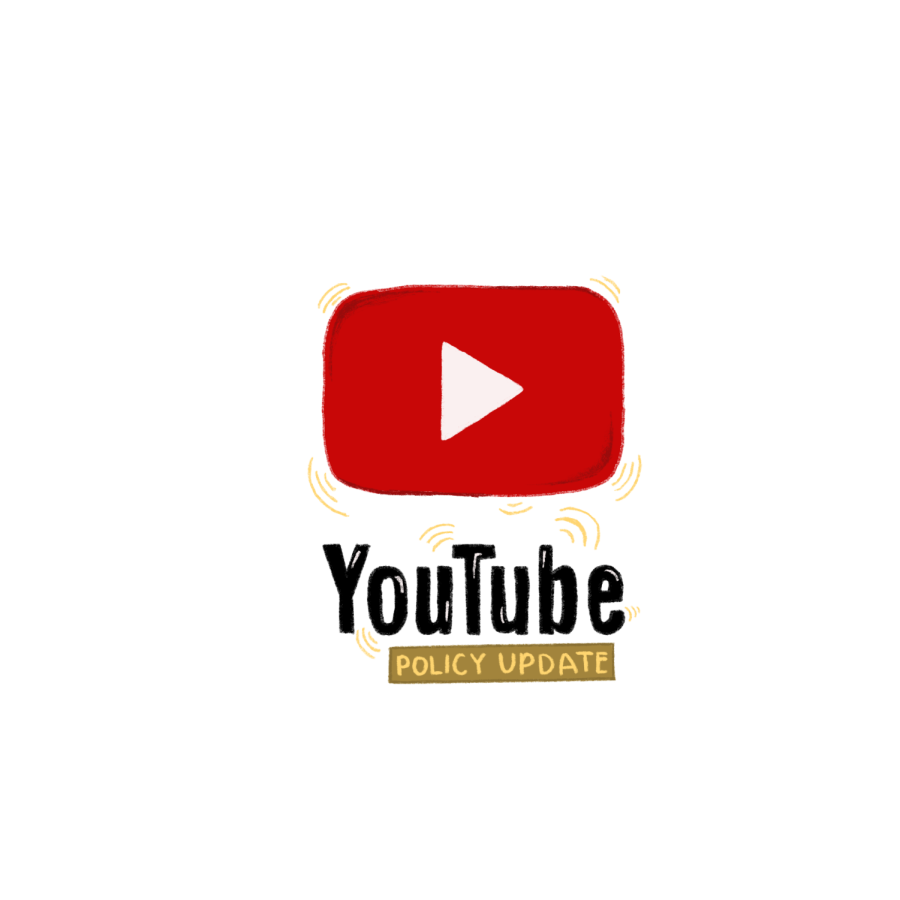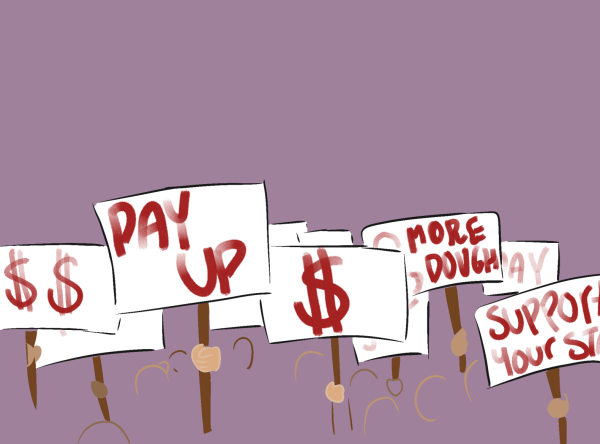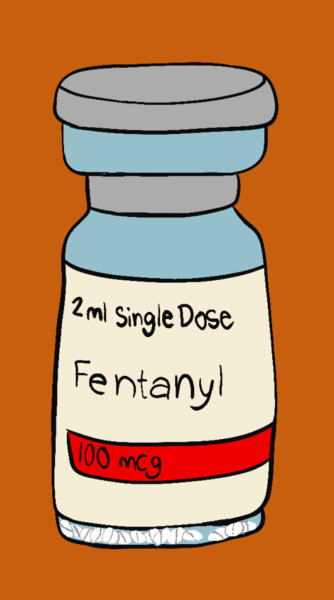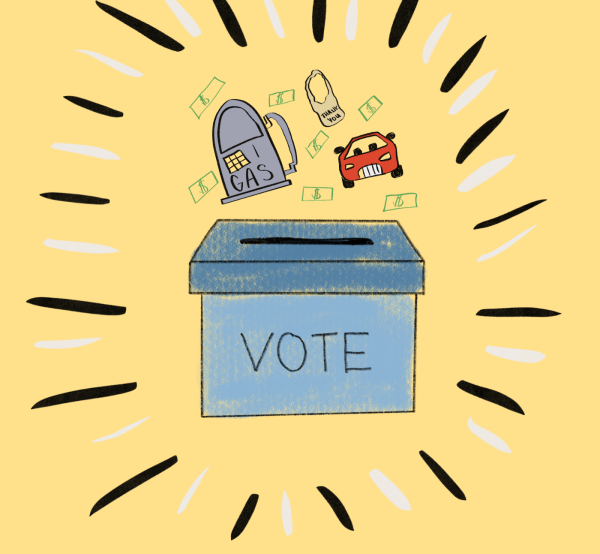YouTube’s monetization policy update under fire; creators feel restricted
April 28, 2023
Ever since November of 2022, YouTube has seen a steady decline in support. The extremely controversial decision to make it impossible to swear within the first eight seconds of a video without getting demonetized was received negatively by creators and viewers alike. The update promoted itself as an ‘advertiser friendly’ change to YouTube’s monetization guidelines, but most saw it as completely unnecessary and disruptive.
In March of 2023, YouTube seemed to have finally heard the criticism being hurled its way and made some changes to the original restriction. Instead of demonetizing content when there is swearing within the first eight seconds, it is now seven seconds with the chance of little to no monetization depending on the level of profanity throughout the entire video. They claim in a Community Help Section post that their last update hoped to improve the clarity and enforcement of their advertiser-friendly content guidelines and “make it easier for Creators to monetize brand safe content.”
They continue on to say, “However, we heard concerns from Creators that the new profanity policy actually resulted in a stricter approach than we intended.” The post rendered many mixed reactions, with some people still frustrated about the change to guidelines and others grateful for the less restrictive monetization.
On the fans’ side, an anonymous TuHS student mentioned that their favorite YouTuber, Pewdiepie, has talked a lot about demonetization and how if you aren’t a creator on the kids’ side of YouTube, you should be able to swear regardless of any policy. Age restriction goes hand-in-hand with the idea of demoting certain people to “kids only” content because of how it can be used to shield the eyes of younger users. However, this limits the audience that can view a video greatly, which has the potential to be worse for the creator.
Overall, the majority of people making or consuming content are satisfied with this fix. There’s still a long way to go in the realm of managing content creation and figuring out what should be allowed on a platform like YouTube, but that’s an entirely different debate. For now, we can thank the staff at YouTube for recognizing and amending a bad policy when they make one.









